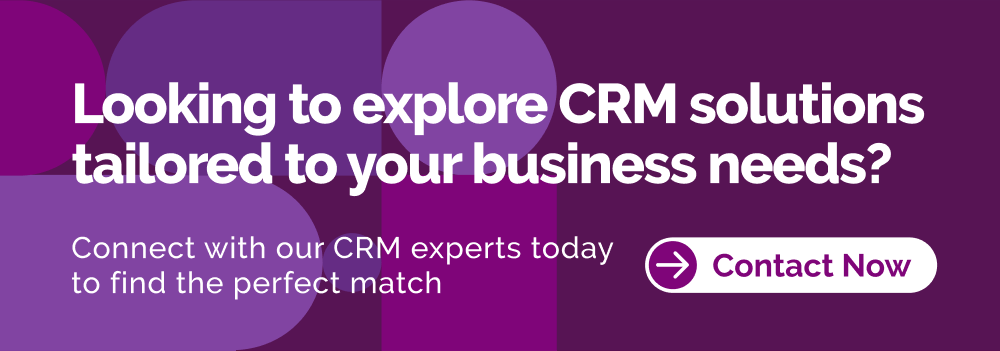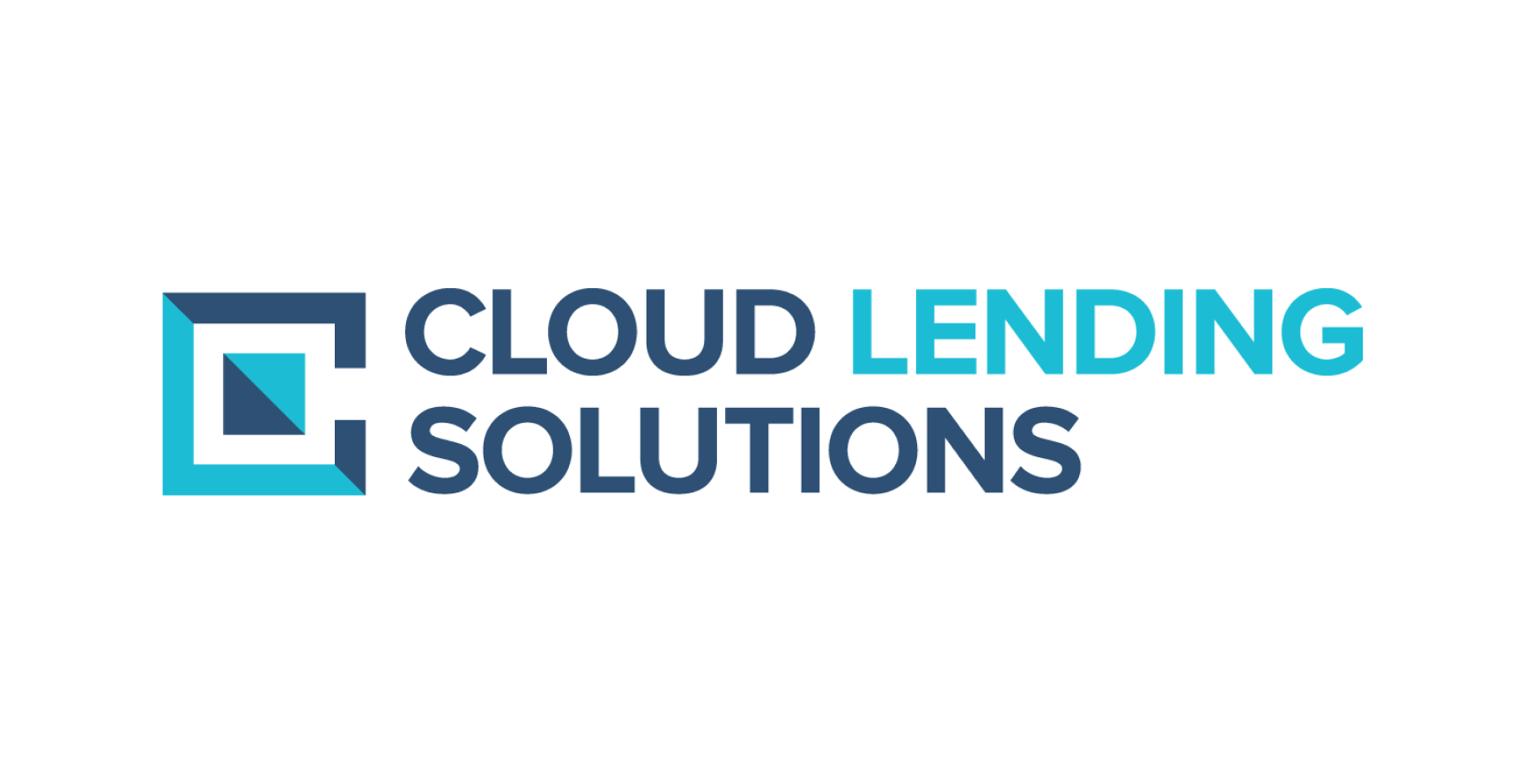CRM, zBlog
Which Type of CRM Is Right for You? A Quick Comparison
trantorindia | Updated: May 28, 2025
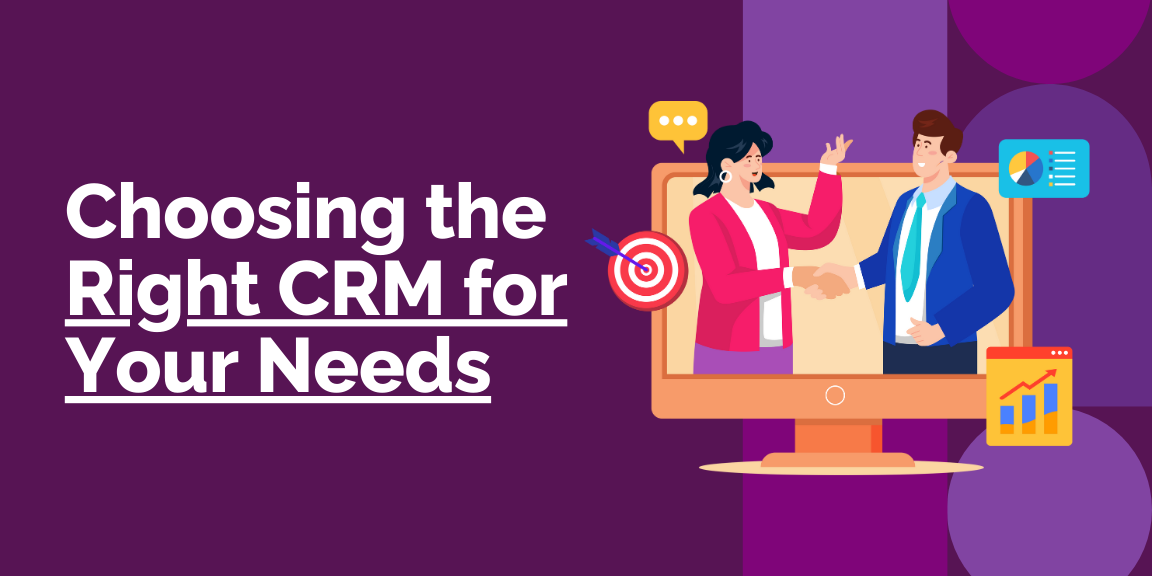
In today’s dynamic business landscape, maintaining strong and meaningful relationships with customers has become paramount. As organizations grow, so does the complexity of managing customer interactions, preferences, and feedback. This is where Customer Relationship Management (CRM) systems play a transformative role.
But not all CRMs are created equal. There are different types of CRM, each designed to serve specific business objectives. Understanding the distinctions among them can help you invest in the right solution and significantly enhance customer engagement, team collaboration, and overall efficiency.
This blog explores the main types of CRM, their features, advantages, and use cases, helping you make an informed choice for your business.
Understanding CRM: The Foundation of Customer-Centric Business
At its core, a CRM is a software tool that helps organizations manage their interactions with existing and potential customers. It centralizes customer information, automates routine tasks, supports sales and marketing efforts, and improves customer service.
Modern CRMs go beyond just storing contacts. They provide deep insights into customer behavior, streamline workflows, enable targeted marketing, and enhance communication between teams. With the right CRM, businesses can build loyalty, increase conversions, and grow sustainably.
But the key to reaping these benefits lies in choosing the type of CRM that aligns with your business needs.
Why the Type of CRM You Choose Matters
Choosing the right CRM is not simply a matter of picking the most popular or expensive software. Each type of CRM focuses on specific areas of customer relationship management. Some are best for automating sales processes, while others excel in data analysis or facilitating internal collaboration.
By selecting the type that fits your strategic goals, you can avoid overspending, reduce learning curves, and ensure seamless integration into your operations. A misaligned CRM, on the other hand, can lead to underutilized tools, fragmented customer data, and poor user adoption.
The Three Main Types of CRM
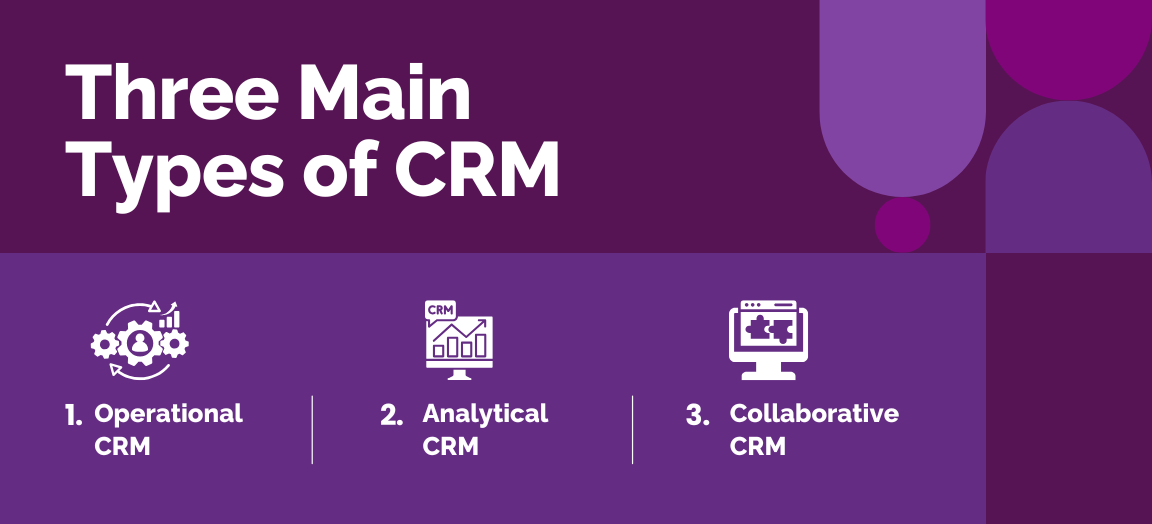
There are three fundamental types of CRM systems that serve distinct purposes: Operational CRM, Analytical CRM, and Collaborative CRM. Each type plays a different role in improving customer relationships and business performance.
1. Operational CRM
Operational CRM is designed to support and streamline the core business processes that involve customers, particularly in sales, marketing, and customer service. The focus here is on automation—helping teams reduce manual work and ensure consistency in customer interactions.
This type of CRM provides tools to manage leads, track sales opportunities, run marketing campaigns, and automate support workflows. For instance, sales teams can follow a lead’s journey from first contact to conversion, while customer service agents can access a centralized view of a customer’s history to offer timely support.
Operational CRM is particularly useful for businesses looking to improve efficiency in day-to-day customer-facing operations. By standardizing processes, it helps ensure that no lead is lost, no customer query is ignored, and no marketing campaign is sent without targeting the right audience.
Popular examples of operational CRM systems include Salesforce, Zoho CRM, HubSpot, and Microsoft Dynamics 365. These platforms offer automation features that can significantly reduce time spent on repetitive tasks, enabling teams to focus on strategy and relationship-building.
2. Analytical CRM
While operational CRMs focus on process execution, analytical CRMs are built to make sense of customer data. These systems gather, organize, and analyze large volumes of customer information to help businesses make data-driven decisions.
By analyzing past customer behavior, purchasing patterns, and engagement levels, analytical CRM helps businesses understand what drives customer loyalty and what causes churn. Marketing teams can use this information to fine-tune targeting, while sales teams can identify high-value customers and prioritize outreach accordingly.
In addition to behavior analysis, analytical CRMs also support customer segmentation, predictive modeling, and performance tracking. These insights can be crucial for companies that rely on personalization or want to optimize their return on marketing investment.
Analytical CRM is particularly beneficial for data-driven businesses, such as financial services, e-commerce platforms, or telecom providers. Tools like Oracle CRM, SAP CRM, and Zoho Analytics are well-known for their robust data analysis capabilities.
3. Collaborative CRM
The third type, Collaborative CRM (also known as Strategic CRM), emphasizes communication and information sharing between departments. The goal is to break down silos within an organization and ensure that everyone—from marketing and sales to support—has access to a unified view of the customer.
In many businesses, a customer may interact with several departments over time. For example, they might first engage with marketing content, speak to a sales representative, and later reach out to customer support. If each department operates independently, the customer experience becomes disjointed.
Collaborative CRM solves this problem by creating a shared platform where all interactions and customer data are accessible in real-time. This allows teams to coordinate their efforts and deliver a consistent, personalized experience at every touchpoint.
This type of CRM is particularly valuable for large organizations or those with complex sales cycles. Tools like Freshworks CRM, Insightly, and Copper CRM are designed to enhance cross-functional collaboration and provide seamless communication between internal teams and external stakeholders.
Additional and Specialized Types of CRM
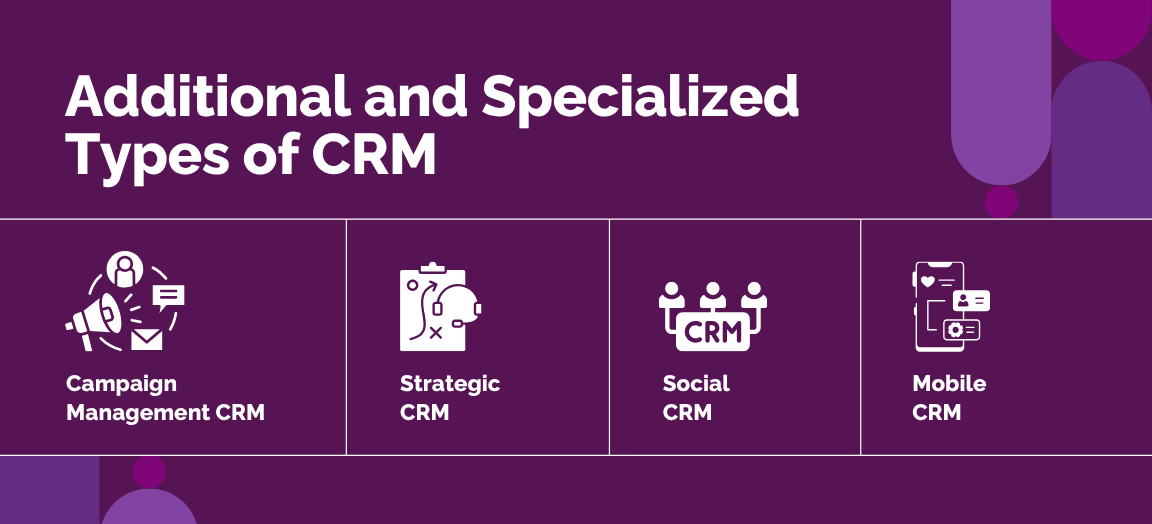
Beyond the three main categories, the CRM landscape has evolved to include specialized systems designed for particular use cases. These CRMs often blend features from the core types but are optimized for specific business goals.
One such variation is the Campaign Management CRM. This system combines automation and analytics to plan, execute, and measure marketing campaigns. It enables marketers to design targeted promotions, test different messages, and track responses in real-time. It is especially useful for businesses that run multi-channel campaigns or want to improve lead nurturing.
Another specialized type is Strategic CRM, which focuses on long-term relationship building rather than short-term sales. It often integrates with loyalty programs, tracks customer lifetime value, and helps businesses build trust through consistent engagement. This type is widely used by subscription-based companies and brands that rely heavily on customer retention.
Then there’s Social CRM, which integrates with social media platforms to manage conversations, monitor brand mentions, and respond to customer feedback online. Social CRM is ideal for brands with a strong online presence or those providing support via platforms like Twitter, Facebook, or Instagram. It not only enhances engagement but also provides insights into public sentiment and emerging trends.
Mobile CRM is another growing segment, especially for businesses with remote teams or on-the-go sales representatives. These CRMs provide mobile-friendly interfaces, allowing users to access customer data, update deals, and communicate with clients from their smartphones or tablets. With workforces becoming increasingly mobile, this type of CRM has become essential for many industries.
How to Choose the Right CRM for Your Business
Selecting the right type of CRM involves more than just comparing feature lists. You need to consider your organizational goals, team workflows, budget, and future plans.
Start by identifying the main challenge you want to solve. If your sales process is disorganized and you’re losing track of leads, an operational CRM might be your best bet. If you’re sitting on a large database of customer information but unsure how to use it, an analytical CRM can unlock valuable insights. If different departments are duplicating efforts or failing to coordinate, a collaborative CRM could bring them together.
You should also assess the needs and preferences of your team. A system that’s too complex may discourage adoption, while one that’s too basic might not deliver the value you need. Scalability is another important consideration—your CRM should be able to grow with your business and integrate with your other tools, such as email platforms, project management systems, or e-commerce platforms.
Finally, consider the total cost of ownership, including not just subscription fees but also training, support, and customization costs. Some CRMs offer free tiers with limited features, while others are designed for enterprise use and come with a premium price tag.
Real-World Use Cases
Let’s look at how different types of CRM are used in real-world scenarios.
An online retailer might use an operational CRM like HubSpot to capture leads, automate email follow-ups, and manage sales pipelines. By tracking customer behavior and automating outreach, they can boost conversions and reduce cart abandonment.
A bank or insurance company might rely on an analytical CRM to segment customers based on risk profiles, predict lifetime value, or detect fraud patterns. This enables them to personalize offerings and allocate resources more effectively.
A healthcare provider using a collaborative CRM can ensure that patient information is accessible across billing, support, and care teams, resulting in a smoother and more consistent patient experience.
Meanwhile, a fast-growing startup with a mobile sales force might adopt a mobile CRM like Pipedrive to allow reps to update records and communicate with clients directly from their phones.
Final Thoughts
At Trantor, we specialize in delivering end-to-end CRM solutions tailored to your business goals. Whether you’re looking to implement a new CRM system, migrate from a legacy platform, or optimize your current CRM strategy, our experts can help you at every step. We work with leading CRM platforms like Salesforce, HubSpot, Microsoft Dynamics, and Zoho to build custom solutions that drive productivity, enhance customer engagement, and accelerate growth. From CRM consulting and implementation to integration, automation, and analytics, Trantor empowers businesses to harness the full potential of customer relationship management.
CRM is no longer just a tool for storing contacts. It’s a powerful strategy that empowers businesses to build, maintain, and strengthen relationships with their customers. But with multiple types of CRM available, making the right choice is critical to achieving your business goals.
Whether you need to automate workflows, uncover customer insights, improve internal collaboration, or manage social engagement, there is a CRM system designed for your needs. Take the time to assess your business processes, involve key stakeholders, and invest in the CRM that aligns best with your growth strategy.
The right CRM doesn’t just help you manage customer relationships—it helps you build a customer-centric culture that drives long-term success.
